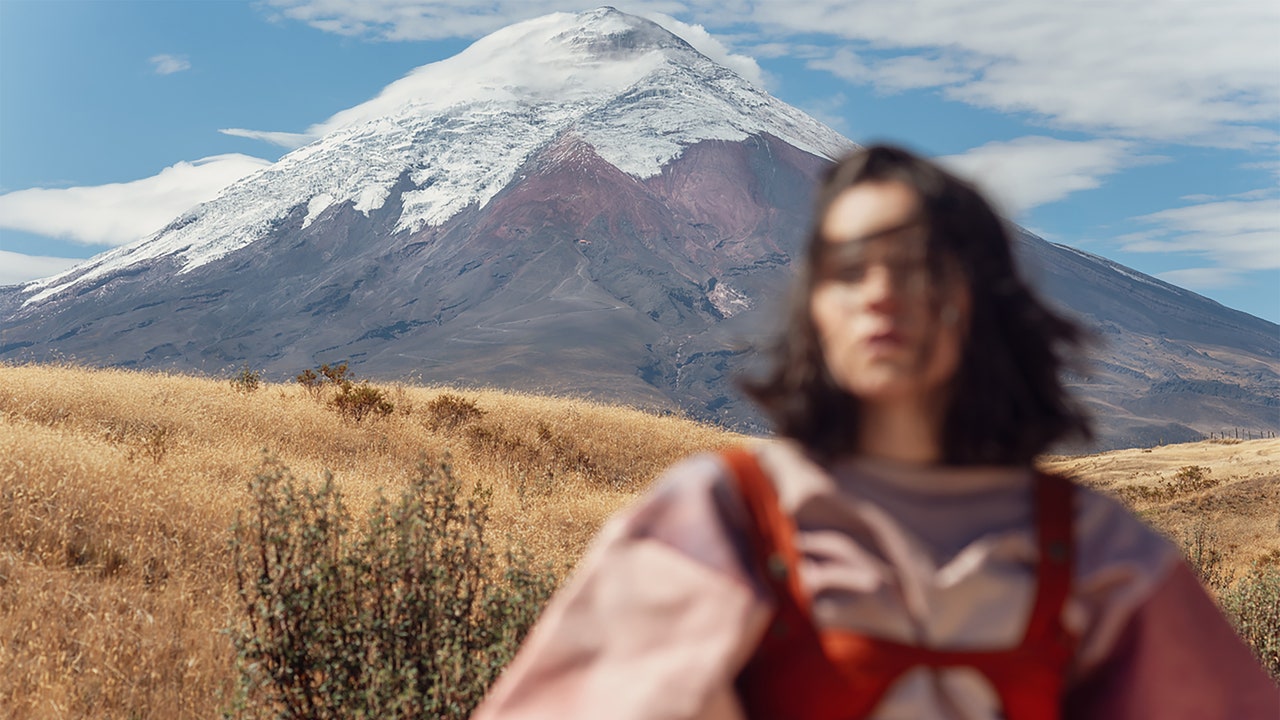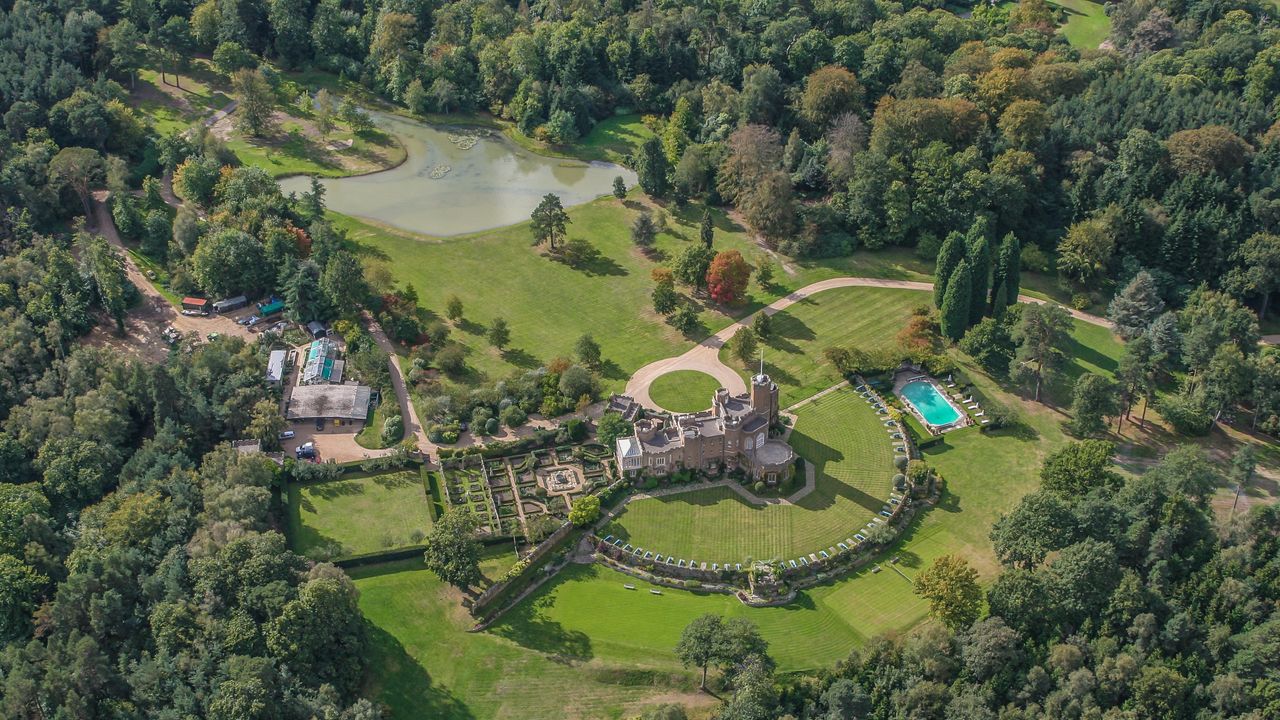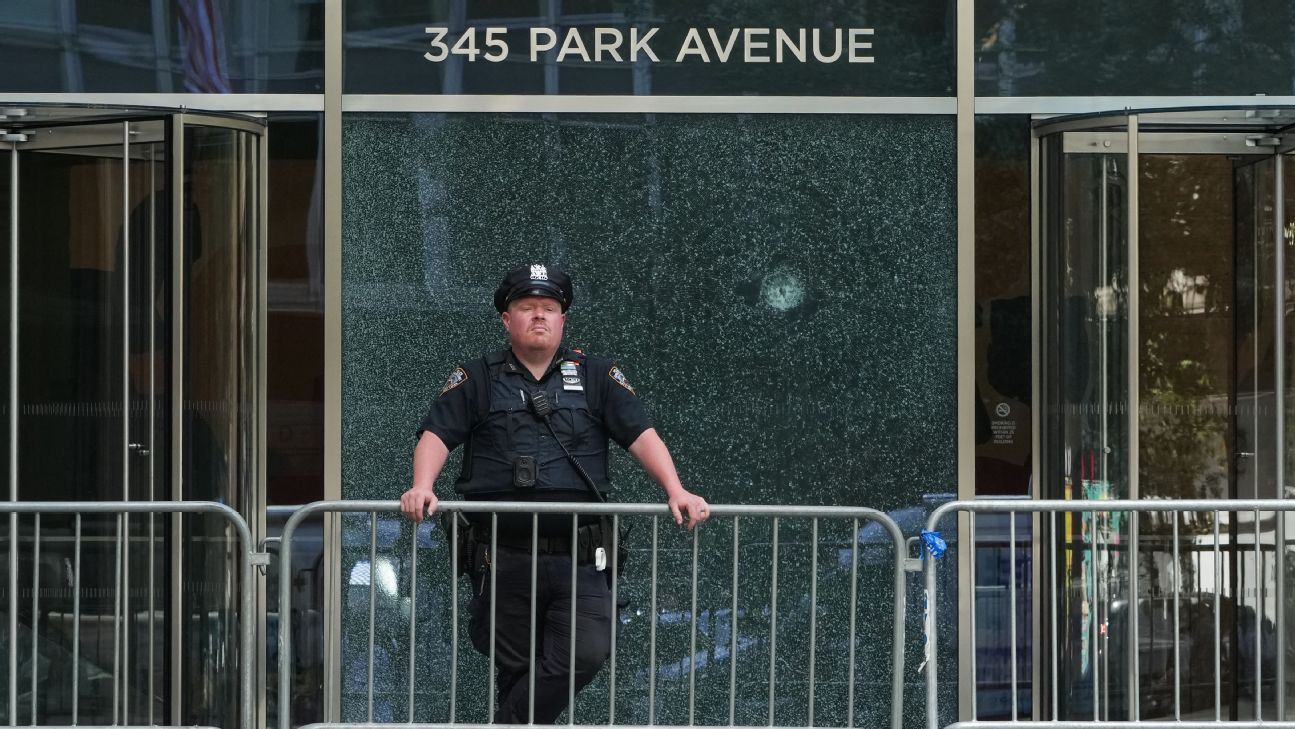
That might include restorative yoga, reiki, and tarot card reading, as I discovered at Clarvergence, a wellness center in Breckenridge, which I traveled to with my 17-year-old after she was recently reeling from a betrayal by a friend.
Physically active grief travel
Grief inevitably brings up a swirl of thoughts and emotions. Keeping physically active can help channel those feelings into something productive—and release some of the tumultuous energy.
“Traveling is therapeutic to the grieving process, because traveling is a process just like grief,” says Alice Ryan, a professor at the University of Washington School of Social Work and a board member at Wild Grief, a nonprofit that offers campouts, backpacking trips, and hikes for young grievers. “It is an adventure. The point of travel is to keep going. You don’t stop. You’re moving through it.”
Mariyana Castleberry, founder of YOLO Dream Adventure Travel, agrees. When she contracted a debilitating form of COVID before she was supposed to depart for Kilimanjaro, she grieved the canceled climb and the time lost to treatment. When she finally summited the mountain, she realized she also released the grief that remained from her father’s passing decades earlier. Now she designs excursions like this for her clients.
Commemorative grief travel
Honoring a loved one—or any loss—through commemorative grief travel helps us honor the past in a meaningful way. It can include visiting places that were important to your loved one, incorporating rituals, or even retracing the past. For example, The Grief Cruise allows grievers to scatter the ashes of loved ones into the ocean, join support groups, and attend workshops run by grief experts.
As Russel suggests, however, it’s important to do this mindfully. “You may be drawn to visiting this place, but it is important that you feel ready to do this, and it is not ‘too soon’ for you.”
After my mother and brother died, I avoided my hometown beach at Huntington Beach because simply sinking my toes into the sand would stir up a wound that hadn’t healed—the fact that my children will never meet the grandmother or uncle who would’ve loved them more than I do. But this winter break, I felt ready. My older two kids were now around the age of my brother and I when he died, and we kayaked in Huntington Harbor, biked some of the 10 miles of uninterrupted coastline, and surfed with Rocky McKinnon—adventures my mother and brother never had the chance to experience. At Disneyland, we introduced our youngest son to my mother’s favorite ride, Pirates of the Caribbean, and while Avengers Campus proved too emotional to enjoy—my brother would have loved it—the Waterfront Beach Resort’s heated outdoor pools, waterslides, and hot tubs restored us. When I witnessed the look on my kids’ faces during the trip, I inhaled as if I had been holding my breath for years.
Informative grief travel
This is about broadening your perspective and usually involves learning something new. Russell suggests that if you are a task-focused person, you might find value in a goal-oriented solo trip that includes volunteering to help endangered turtles or a snow leopard expedition.
#Grief #Travel #Transform #Aching #Heart







